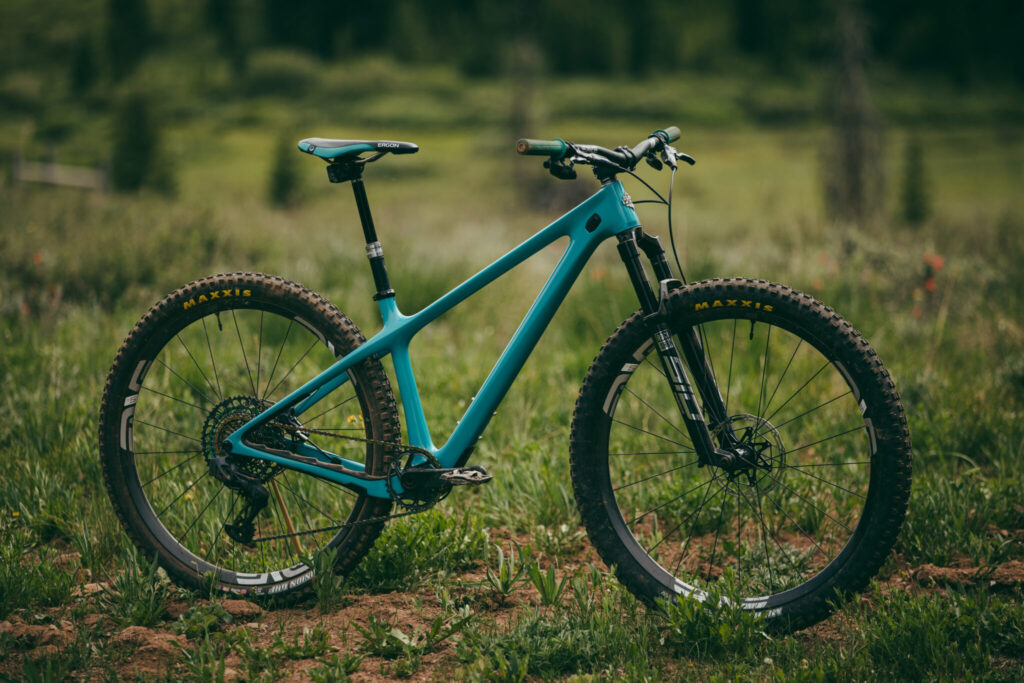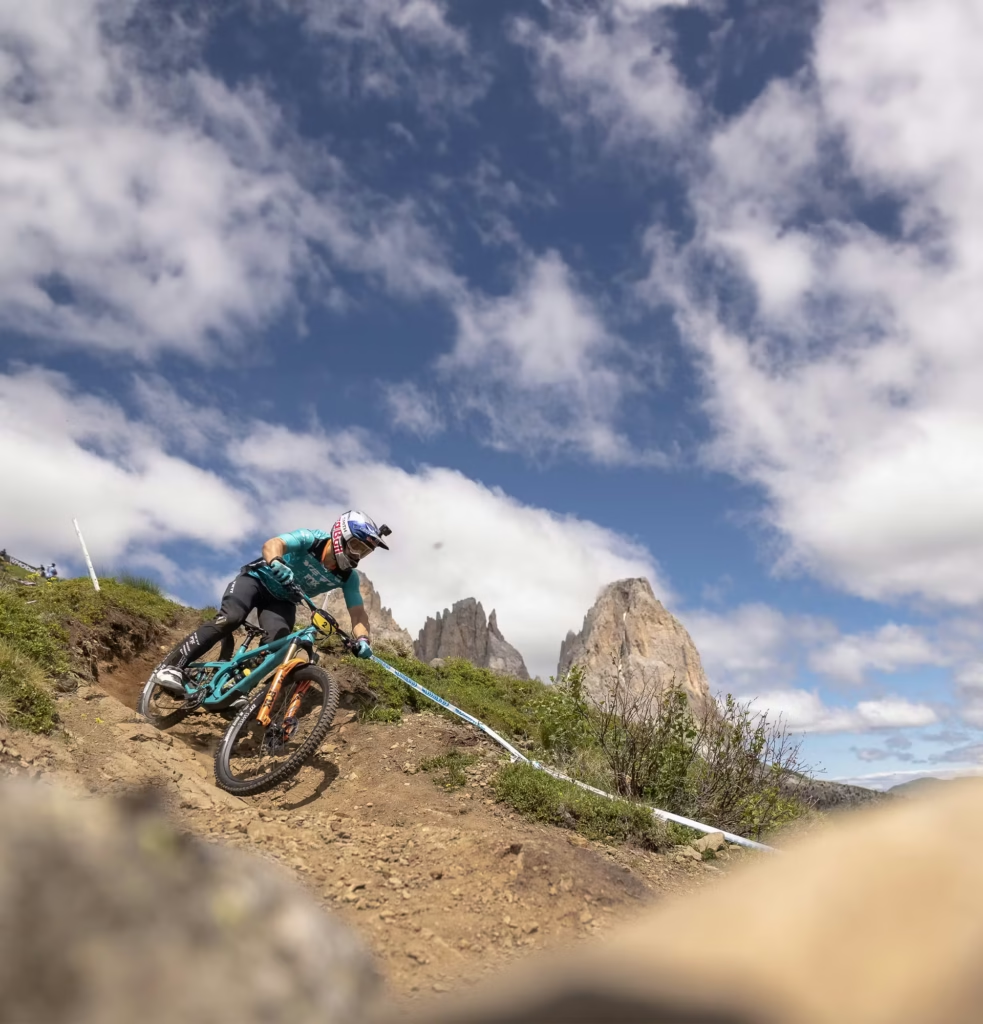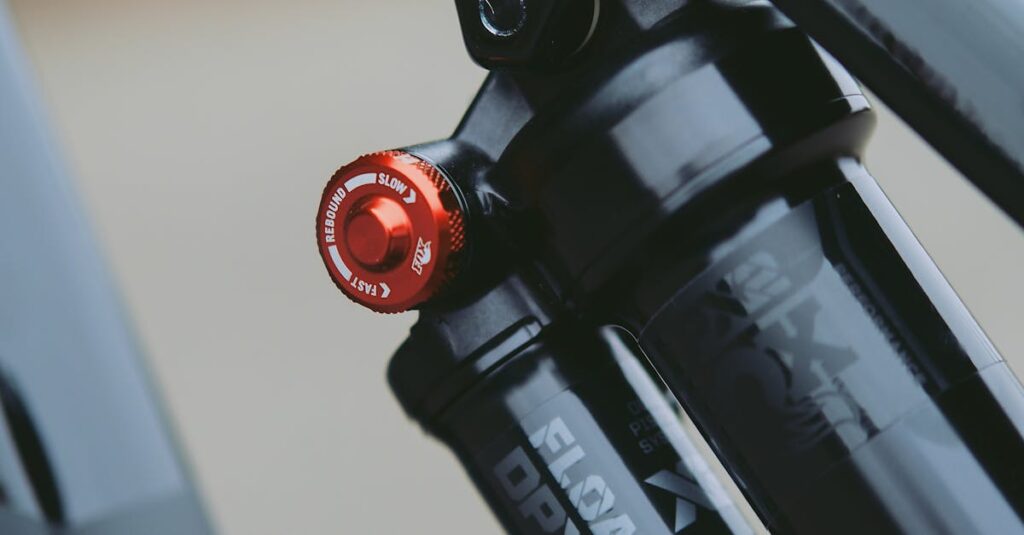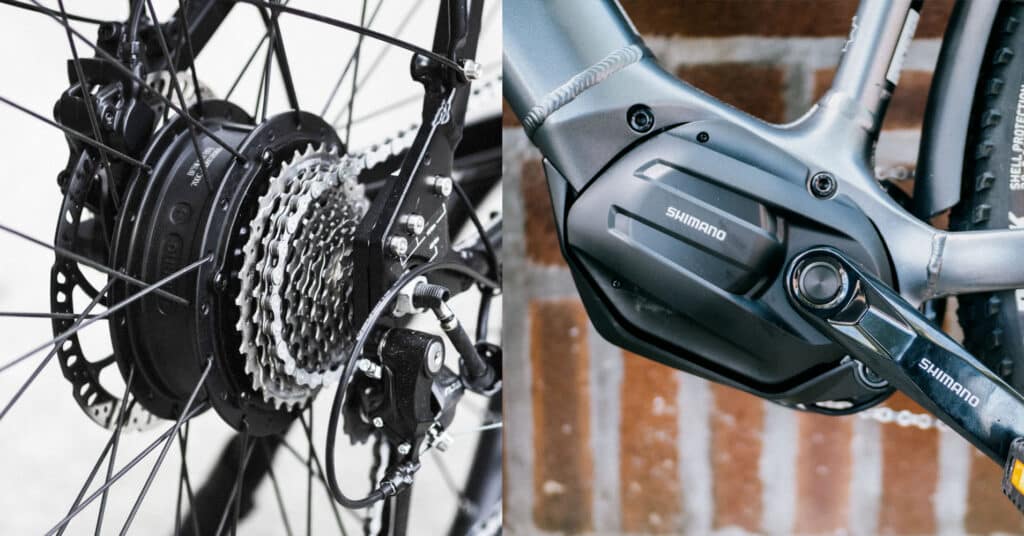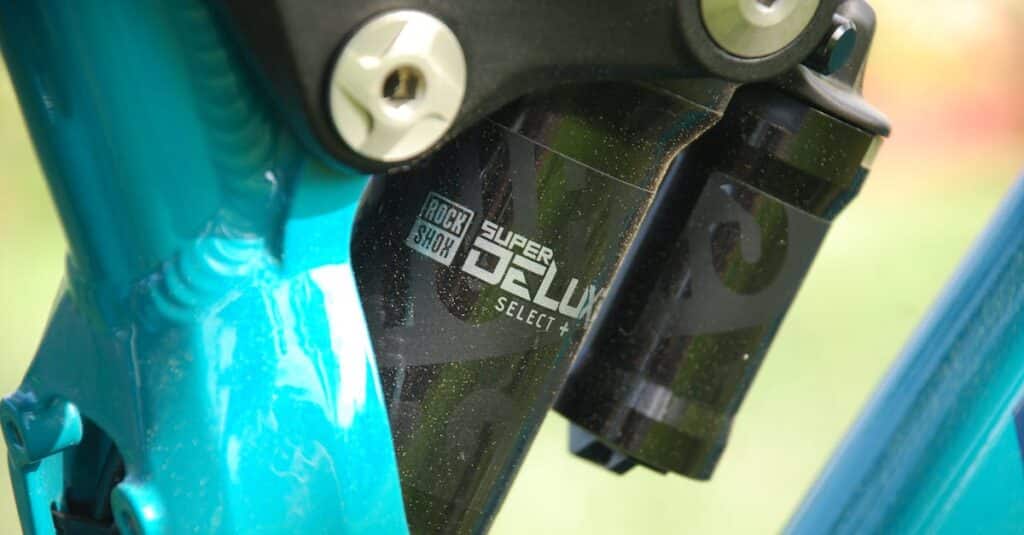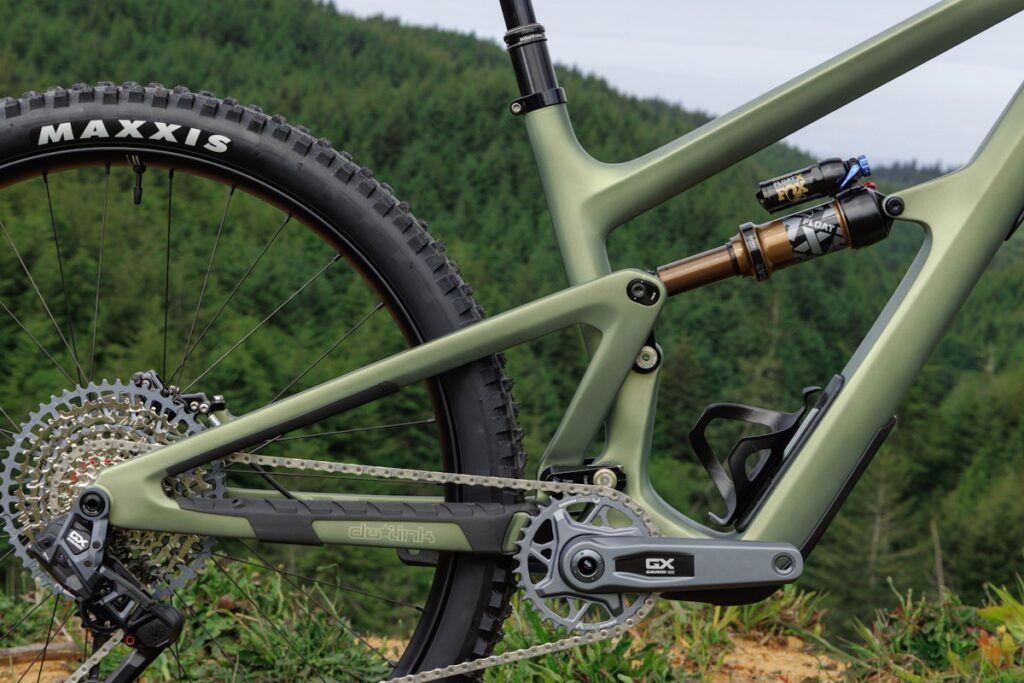When it comes to high-end mountain bikes, two names frequently rise to the top: Pivot Cycles and Yeti Cycles. Both brands have deep roots in performance MTB culture, both command premium prices, and both inspire near-fanatical loyalty among riders.
But how do they compare head-to-head? If you’re considering dropping $6,000–$12,000 on a bike, is Pivot’s DW-Link suspension or Yeti’s Switch Infinity the better choice? This guide breaks it down across history, technology, models, and real-world performance to help you decide.
Brand Snapshots
| Feature | Pivot Cycles | Yeti Cycles |
|---|---|---|
| Founded | 2007 | 1985 |
| HQ | Tempe, Arizona, USA | Golden, Colorado, USA |
| Signature Suspension | DW-Link (by Dave Weagle) | Switch Infinity (developed with Fox Racing Shox) |
| Specialty | High-performance MTB & e-MTBs | Enduro, trail, downhill, and heritage MTB |
| Frame Material | Carbon focus (some aluminum) | Carbon focus (Turq high-end carbon, C-series for value) |
| Price Range | $4,500–$12,000+ | $4,500–$12,000+ |
| Vibe | Engineering precision, boutique feel | Racing pedigree, cult following |
| Reputation | Efficient, refined, polished | Aggressive, iconic, rider-focused |
Histories and Philosophies
Pivot Cycles
Founded by Chris Cocalis in 2007, Pivot built its identity on suspension efficiency and engineering refinement. Partnering with suspension designer Dave Weagle, Pivot put the DW-Link platform at the heart of its bikes, giving them world-class pedaling efficiency and traction. Pivot has always positioned itself as a boutique performance brand for serious riders, with an emphasis on carbon technology and precision builds.
Yeti Cycles
Yeti has been a household name in mountain biking since 1985. Founded in California and later moving to Colorado, Yeti built its reputation in the racing scene. Their turquoise bikes became synonymous with downhill and enduro dominance. Yeti pioneered the Switch Infinity suspension system, and they maintain a strong racing heritage, sponsoring some of the fastest riders on the planet. The brand has a cult-like following—riders who “Ride Yeti, or ride nothing.”
Suspension Technologies
Pivot: DW-Link
- Pros:
- Exceptionally efficient pedaling (minimal bob).
- Great traction for climbing technical terrain.
- Stable under braking.
- Cons:
- Can feel a little “clinical” compared to more playful systems.
- Proprietary setup requires dialed-in tuning.
Yeti: Switch Infinity
- Pros:
- Plush and bottomless feel on descents.
- Extremely capable on enduro/downhill terrain.
- Active yet supportive through mid-stroke.
- Cons:
- Slightly less efficient for climbing.
- Requires more maintenance (extra moving parts).
Model Lineup Comparison
| Category | Pivot | Yeti |
|---|---|---|
| XC / Marathon | Mach 4 SL | SB115 |
| Trail / All-Mountain | Trail 429, Switchblade | SB130 |
| Enduro | Firebird | SB150 |
| Downhill | Phoenix DH | Not currently (Yeti exited DH market) |
| E-MTB | Shuttle SL, Shuttle LT | 160E (first race-focused e-MTB) |
Both brands focus on trail and enduro, but their personalities differ: Pivot leans toward engineering precision across categories, while Yeti leans into racing heritage and aggressive trail smashing.
Riding Experience: Pivot vs. Yeti
Pivot Bikes Ride Like:
- Efficient: They climb like goats, even the long-travel models.
- Stable: Balanced geometry works across disciplines.
- Refined: Every detail feels engineered to perfection.
Yeti Bikes Ride Like:
- Playful: Lively and aggressive on descents.
- Racer’s choice: Tuned for enduro and downhill performance.
- Cult classic: Turquoise frames have serious trail cred.
Price and Value
Both brands are premium, but pricing structures differ slightly:
- Pivot: Fewer entry-level options. Builds usually start around $5,000 and climb fast with high-end carbon.
- Yeti: Offers two carbon grades: C-Series (more affordable, slightly heavier) and Turq-Series (lighter, premium). This makes Yeti a little more accessible without compromising pedigree.
Pros and Cons Side by Side
| Pivot Pros | Pivot Cons |
|---|---|
| Extremely efficient DW-Link suspension | Expensive |
| Lightweight, stiff frames | Smaller dealer network |
| Polished, precise engineering | Proprietary Super Boost hub spacing |
| Excellent climbers | Less playful personality |
| Yeti Pros | Yeti Cons |
|---|---|
| Legendary racing heritage | Expensive |
| Plush, aggressive Switch Infinity suspension | More maintenance |
| Turq vs. C-Series pricing options | Heavier than Pivot in some builds |
| Strong rider community | Limited availability |
Who Should Buy Pivot vs. Yeti?
- Choose Pivot if:
- You prioritize efficiency and all-around capability.
- You’re a rider who climbs as much as you descend.
- You want a refined, boutique bike engineered for balance.
- Choose Yeti if:
- You want the most capable descender in the category.
- You’re an enduro racer or aggressive trail rider.
- You want to be part of the Yeti cult following and heritage.
| Category | Pivot Model | Yeti Model | Suspension Travel | Frame Material | Weight (approx) | Price Range |
|---|---|---|---|---|---|---|
| Trail / All-Mountain | Pivot Trail 429 | Yeti SB130 | 120mm rear / 140mm front | Carbon | 28–30 lbs | $6,200 – $9,500 |
| Enduro | Pivot Firebird | Yeti SB150 | 165mm rear / 170mm front | Carbon | 30–32 lbs | $6,800 – $11,000 |
| Light e-MTB | Pivot Shuttle SL | Yeti 160E | 132mm rear / 150mm front (Shuttle SL) vs 160mm rear / 170mm front (160E) | Carbon | 37–40 lbs | $9,000 – $12,000+ |
| XC / Marathon | Pivot Mach 4 SL | Yeti SB115 | 100mm rear / 120mm front | Carbon | 23–26 lbs | $5,500 – $9,500 |
- Trail category: The Trail 429 is a precision trail bike with efficient climbing, while the SB130 is more aggressive and descends harder.
- Enduro: The Firebird is one of the most refined DW-Link enduro bikes on the market, while the SB150 has proven itself on enduro race podiums worldwide.
- E-MTB: Pivot’s Shuttle SL focuses on being lightweight and “ride-like-a-regular-bike,” while Yeti’s 160E is full-power and built for e-enduro racing.
- XC: Pivot’s Mach 4 SL is lighter and more race-focused, while Yeti’s SB115 blends XC efficiency with trail capability.
Head-to-Head Verdict
- For racers who want balance: Pivot edges out Yeti with its DW-Link suspension, giving efficiency without sacrificing capability.
- For riders who live for descents: Yeti wins with Switch Infinity’s plush, bottomless feel.
- For versatility: Pivot’s lineup covers more categories, including downhill and multiple e-MTB options.
- For brand culture: Yeti has an unmatched community and iconic identity.
Both brands are exceptional, and neither is the wrong choice. The real decision comes down to whether you lean toward engineering precision (Pivot) or aggressive, race-bred personality (Yeti).
Final Word
Both Pivot and Yeti sit in the premium tier of mountain biking. These are not budget bikes, and neither brand compromises on performance. Riders who want every advantage, whether racing XC or bombing enduro descents, will find either brand delivers world-class rides.
Bottom line:
- If your dream is efficiency, balance, and precise engineering → Pivot.
- If your dream is shredding descents with cult-like style → Yeti.
Related Content:
Why Trust This Guide?
BestBikeBrands is built by lifelong cyclists with decades of real-world experience — in the shop, on the trail, and behind the wrench. Our goal is simple: to help riders choose the best bikes and gear with confidence, backed by expert insights and hands-on testing. Learn more about us →
